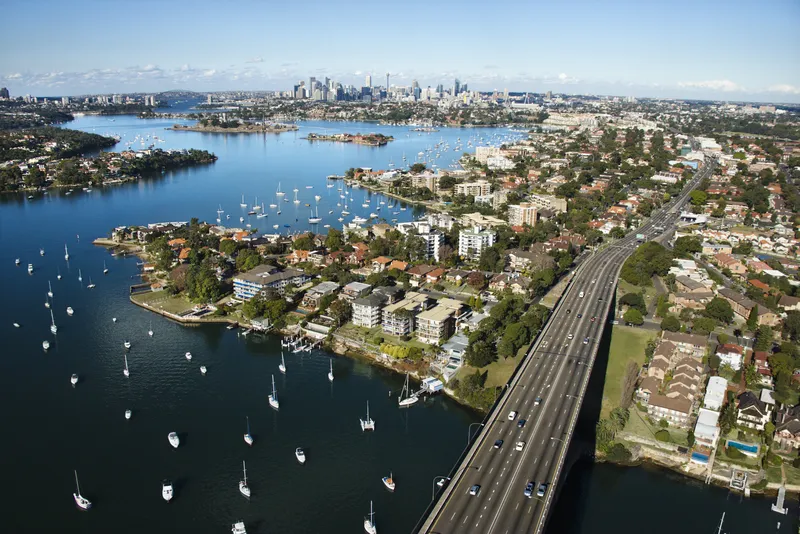
The Southern Sydney Regional Organisation of Councils (SSROC) plans to deploy smart controls and energy-efficient LEDs on a quarter of a million streetlights by 2026.
SSROC says its Street Lighting Improvement Program, underway across large parts of the Australian city and regional New South Wales, is the largest of its kind in the country.
It says 191,000 LEDs were installed by 30 June this year, with 62,000 smart controls and 62,000 sensor-ready LEDs due to be installed by 2026.
The deployment of new smart streetlights on Sydney’s main roads has commenced in Canterbury-Bankstown and Canada Bay councils.
Electricity supplier Ausgrid, in conjunction with SSROC and councils, has upgraded around 180,000 streetlights across metro Sydney, the Central Coast and the Hunter region with LEDs.
When the latest phase is complete in 2026, the Ausgrid LED roll-out is expected to exceed 240,000 lights.
SSROC says this will lead to 69% energy savings for councils by 2026 compared to 2008 figures.







